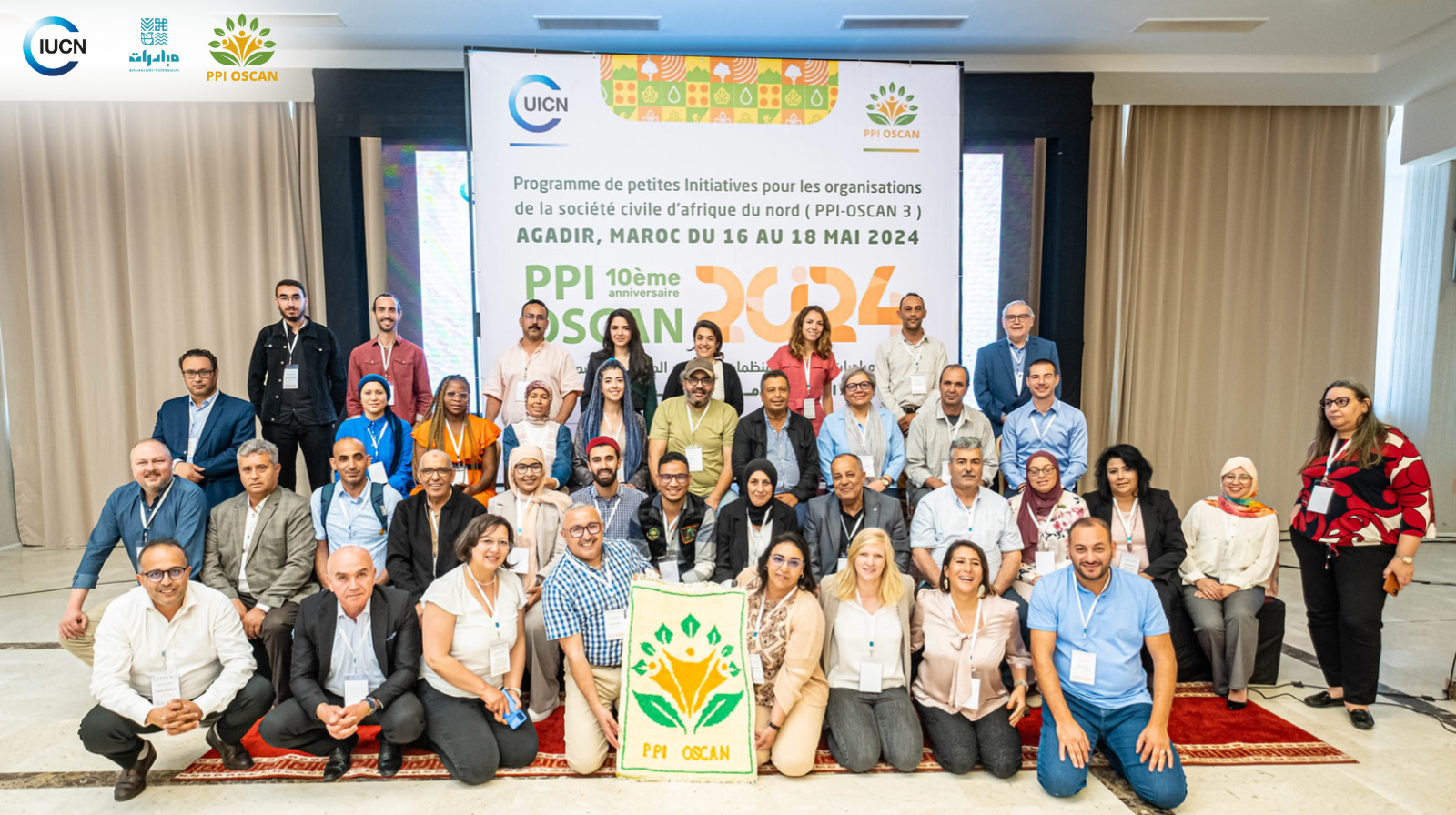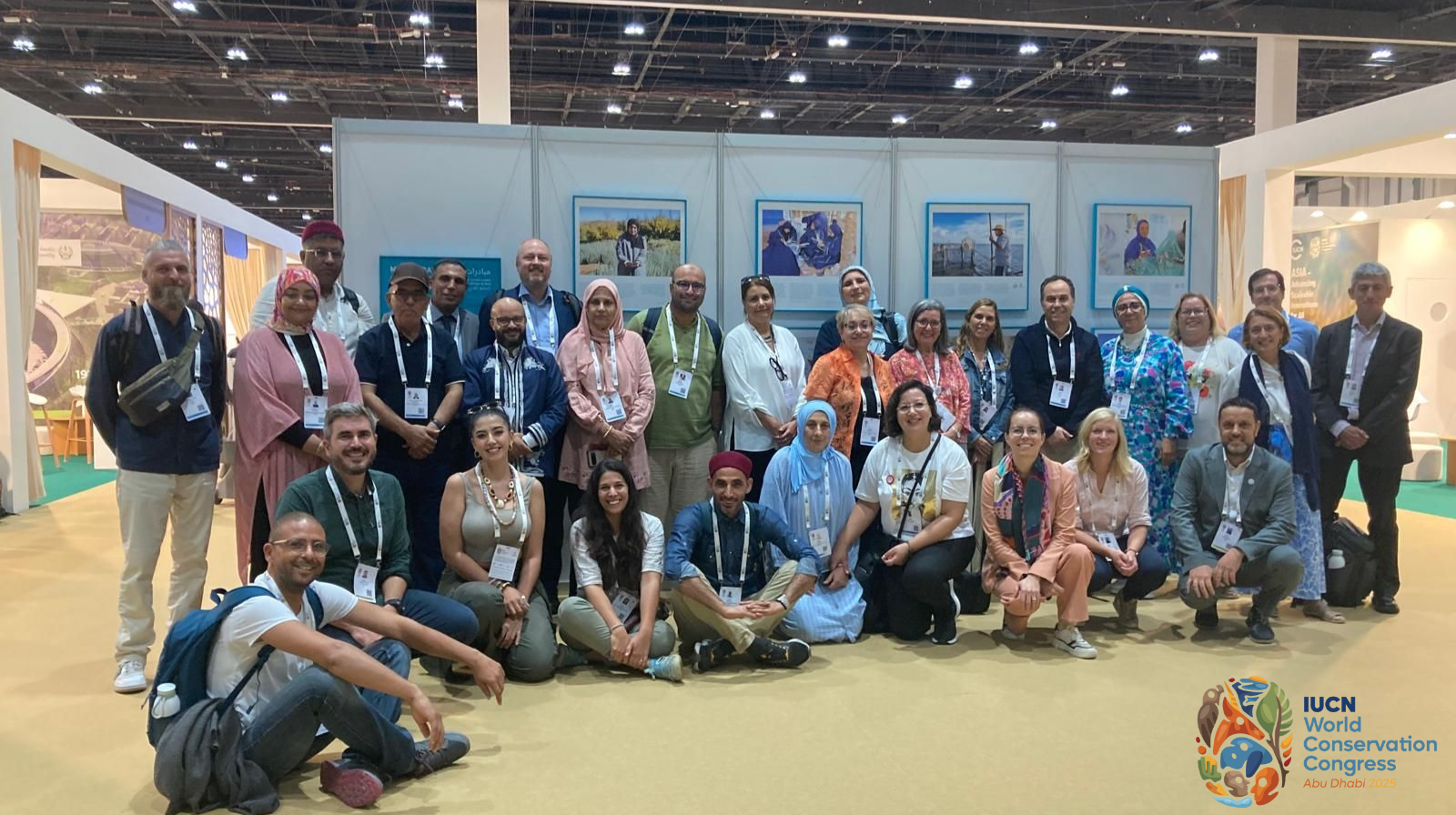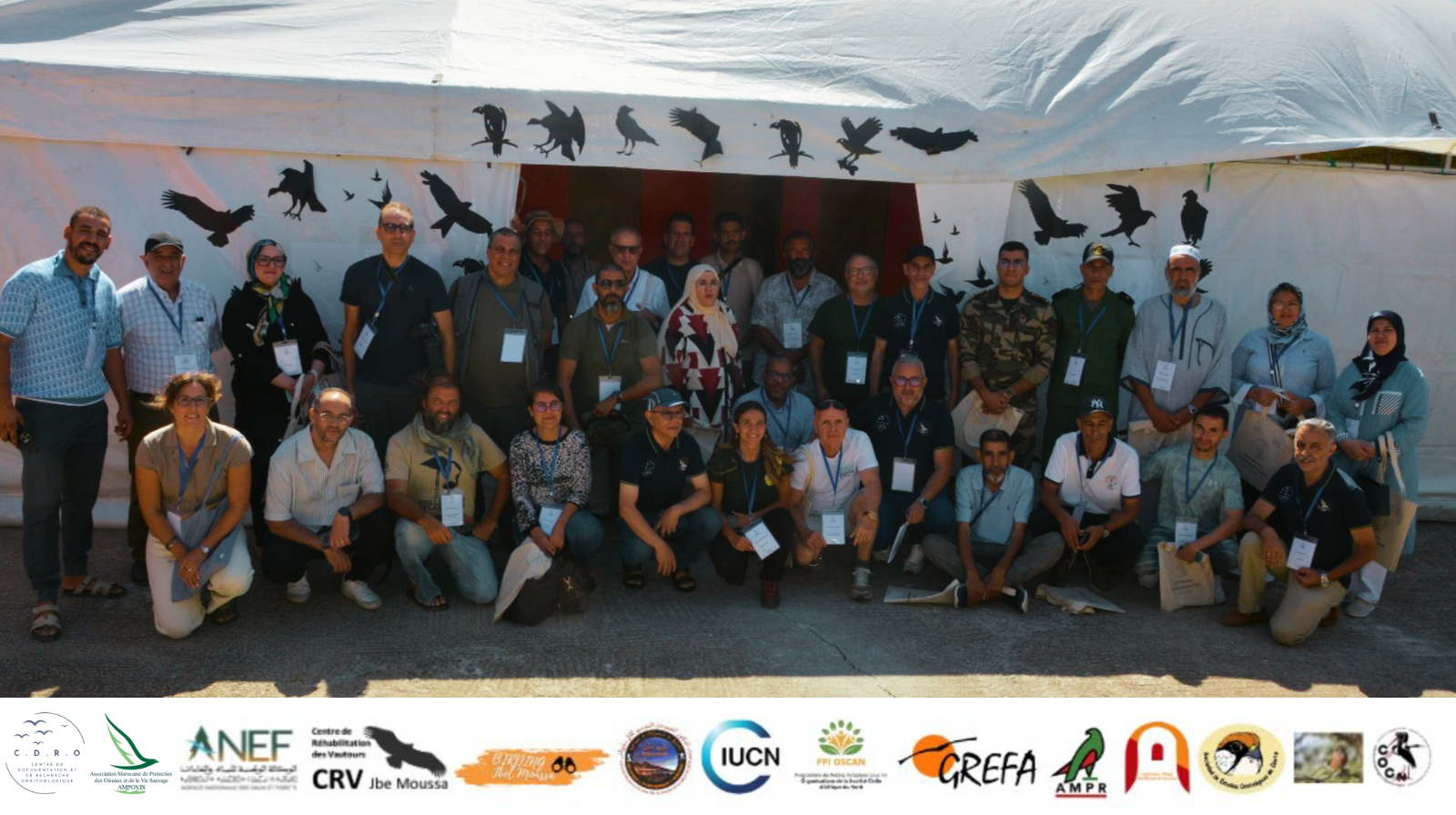A local initiative that makes a difference: the Tadrart Association implements ambitious projects to protect nature and improve the quality of life in Ait Yahya. Discover their successes.
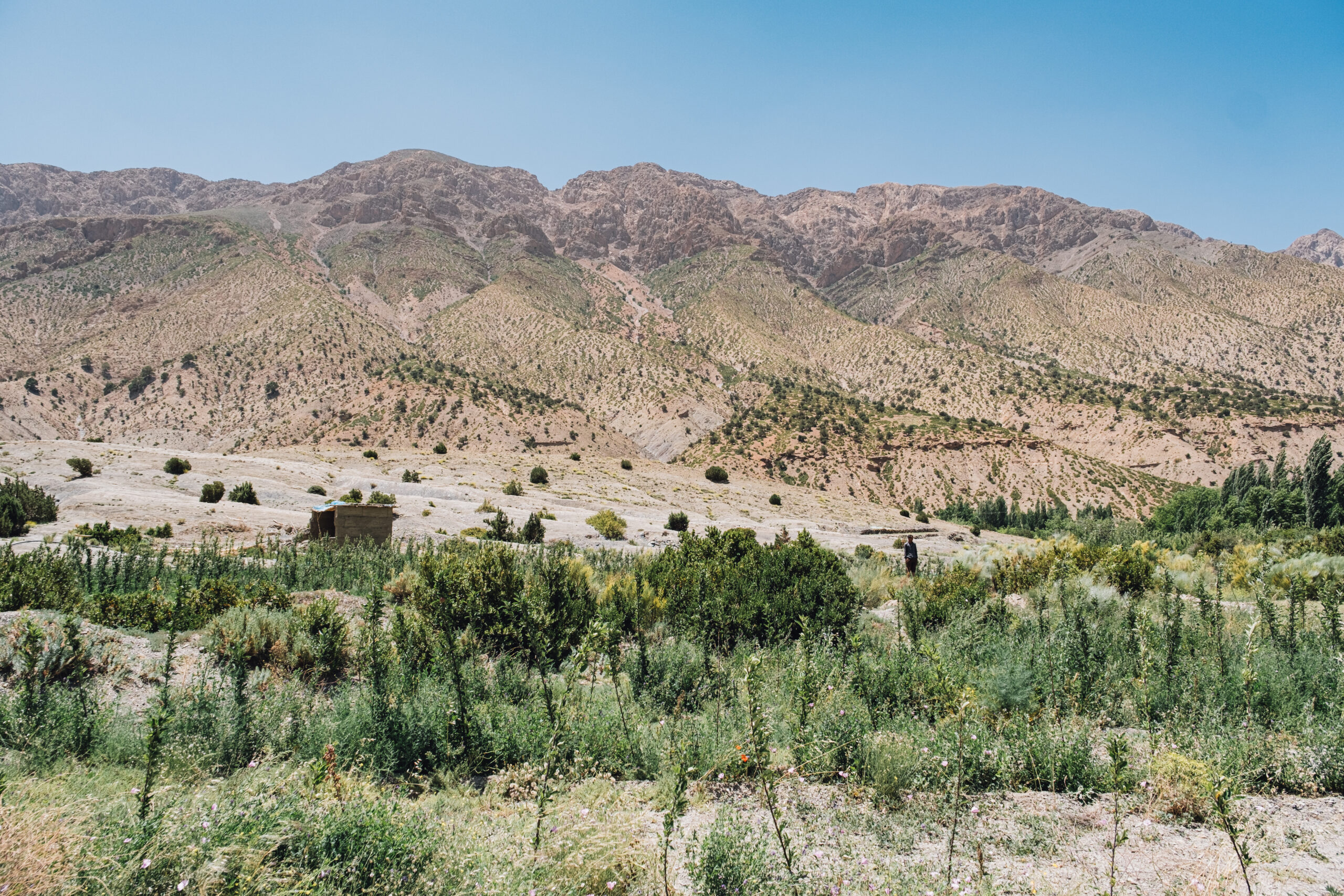
The commune of Ait Yahya, located in the heart of the Eastern High Atlas National Park, faces conditions of isolation and fragility, exacerbated by major socioeconomic and environmental challenges. Its biodiversity is degrading under the increasing pressures of overgrazing, wood cutting, and agricultural expansion. Local associations, although willing, lack the resources and experience needed to address these challenges. The Barbary sheep, an iconic and vulnerable species of the region, is particularly threatened by habitat loss.
It was in this context that the Tadrart Association for Mountain Development took flight, determined to make a difference. With the support of the PPI OSCAN 2 program, the association initiated a major transformation, adopting a more structured and sustainable approach to addressing the region’s issues.
A New Approach to Protect and Develop the Eastern High Atlas
During Phase 2 of the PPI OSCAN program (2018-2021), the Tadrart Association focused on three main areas: environmental education, the development of income-generating green activities, and the promotion of ecotourism. These actions helped raise local awareness about the importance of preserving biodiversity, particularly the Barbary sheep, while creating alternative economic opportunities.
The youth of the commune were involved in awareness activities, strengthening their connection to nature and fostering a collective understanding of environmental issues. In parallel, training sessions were organized to guide residents towards green jobs, helping reduce their dependence on the park’s natural resources. Finally, promoting ecotourism transformed the natural and cultural wealth of the region into a sustainable source of income, while respecting the fragile balance of the local ecosystem.
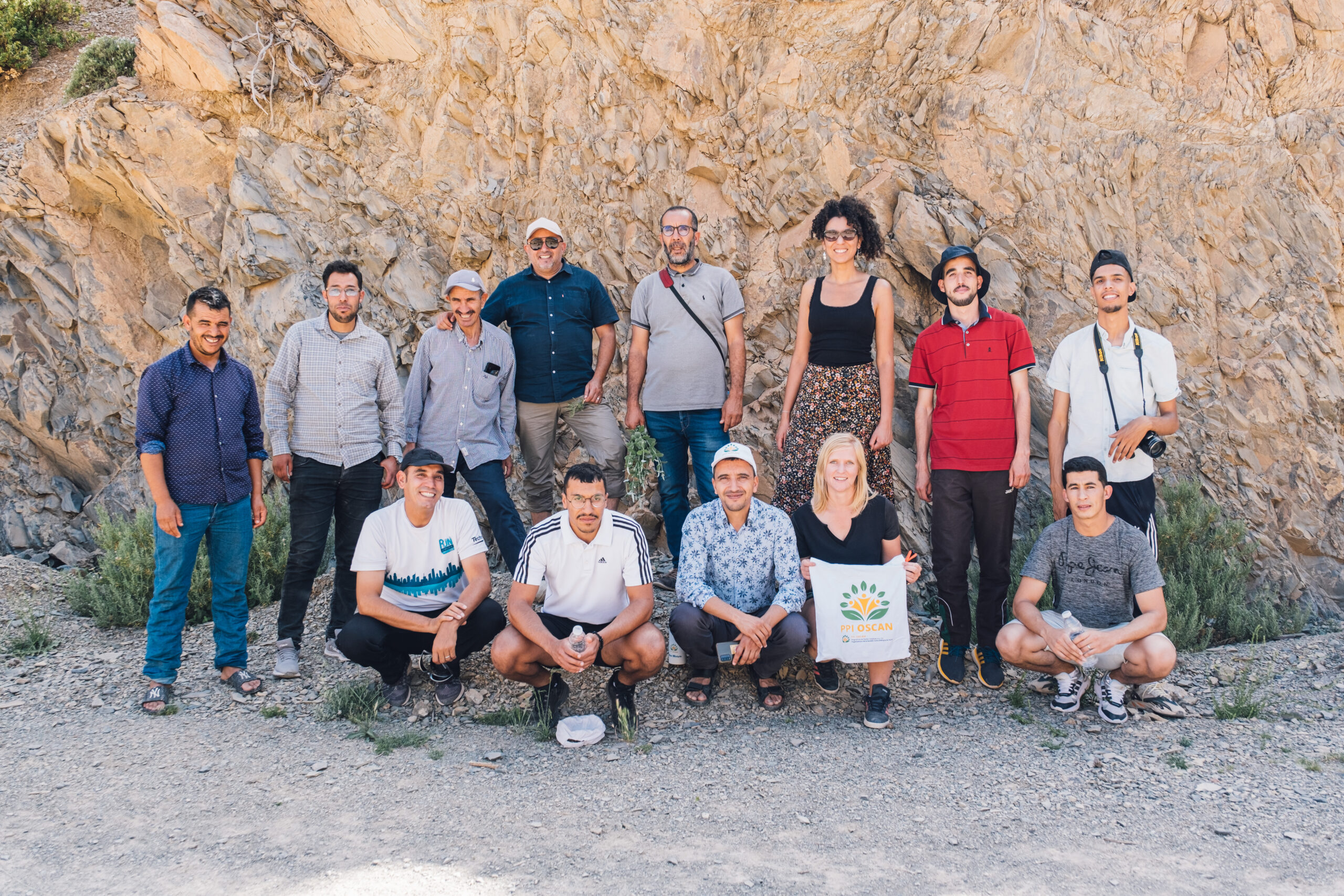
Towards Socioeconomic Animation of the National Park (2021-2024)
Building on its initial successes, the Tadrart Association was selected for Phase 3 of the PPI OSCAN program, aiming to amplify ongoing actions with the Socioeconomic Animation Project of the Eastern High Atlas National Park. Thanks to this support, the association was able not only to strengthen its conservation efforts but also to improve local infrastructure to accommodate responsible tourism.
The results are concrete: a tourist reception center has been established, providing a base to host visitors in optimal conditions while preserving the environment. Twenty young entrepreneurs have been trained and supported to develop environmentally friendly economic activities. Additionally, a network of twenty local associations committed to sustainable development has been created, enabling better coordination and pooling of efforts.
A Lasting Impact and Promising Prospects
The impact of the Tadrart Association on the commune of Ait Yahya is visible and lasting. Increased awareness of the conservation of endangered species, youth involvement, and the mobilization of local partners have laid the foundations for a more sustainable future for the region. The association plans to continue along this path, consolidating relationships with local partners, developing sustainable tourism, and supporting young entrepreneurs to reduce pressure on natural resources.
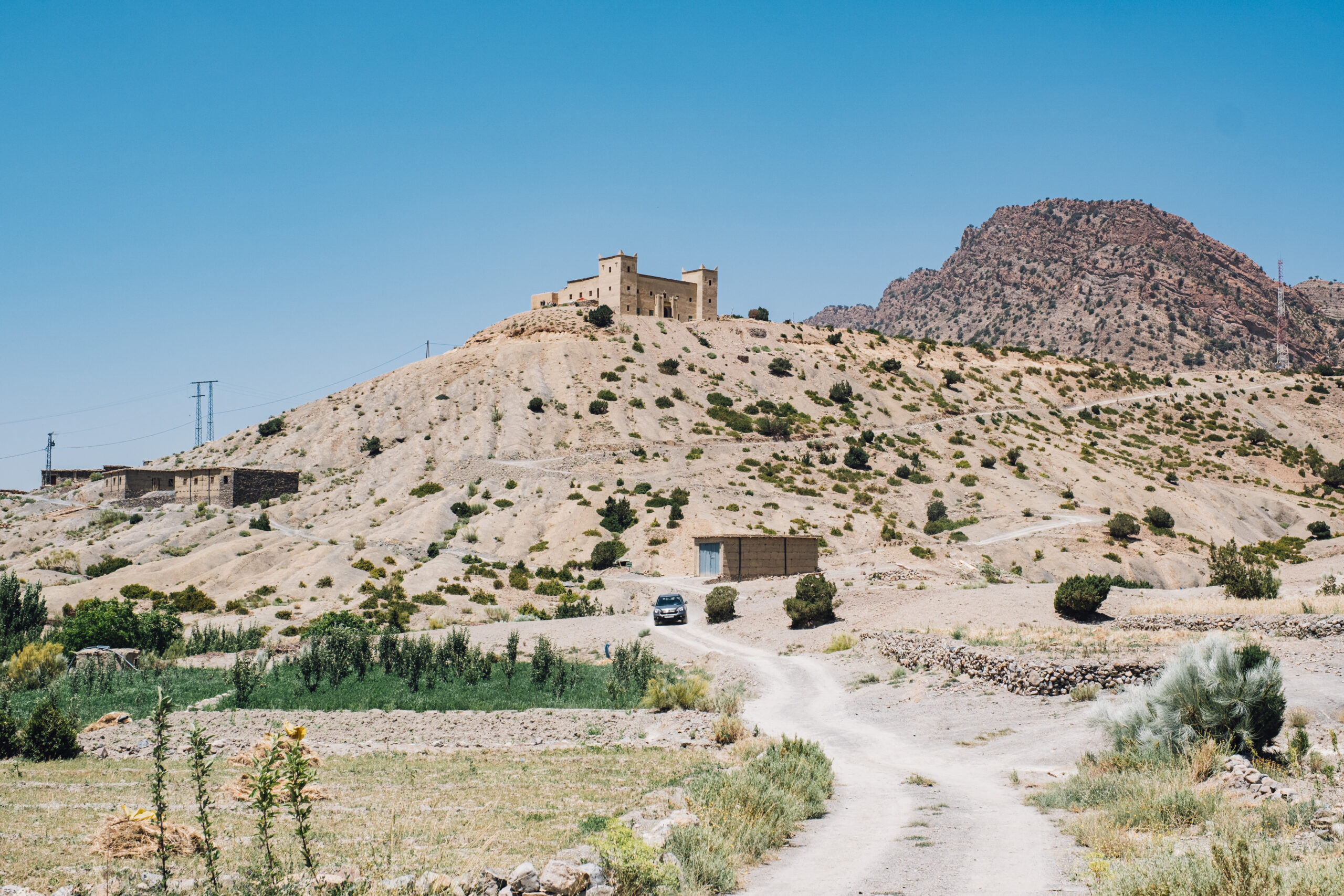
For the president of the association, Mr. Elhoussine Ouzerbane, the progress made reflects a collective commitment: “The PPI OSCAN program has had a transformative impact not only on our association but also on the entire community. We have been able to strengthen the skills of our team and clarify our vision for the future. We are already seeing concrete changes in the region, and we are confident that the actions undertaken will bear fruit for future generations.”
The journey of Ait Yahya and the Tadrart Association is an inspiring example of resilience and determination in the face of sustainable development challenges. By combining conservation, education, and local economy, they have transformed the fragility of their territory into an opportunity for sustainable growth.
This project is being implemented as part of the third phase of the Small Initiatives Program for CSOs in North Africa (PPI OSCAN), funded by the French Global Environment Facility (FFEM), the MAVA Foundation, and the Sigrid Rausing Trust. The funded projects aim to conserve species and ecosystems with remarkable biodiversity, and to enhance the benefits of conservation and sustainable livelihoods. For more information on PPI OSCAN 3 projects: 5.Projects – MUBADARAT (mubadarat-uicn.org)


